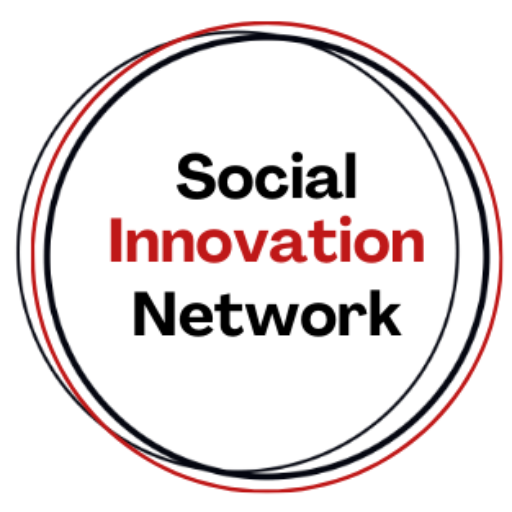The Erasmus+ programme is one of the most significant achievements of the European Union. It has played, and continues to play, a key role in promoting social innovation on the European and international scenario.
Erasmus+is the European Union’s programme for the personal and professional development of citizens in the fields of education, training, youth and sport. The main objective of the programme is to provide participants with inclusive and high-quality education and training in order to promote active participation in democratic society and social innovation. If Social Innovation means a change in the way things are done, an innovative element in the context of the community, a break from the solutions generally used, then it must be considered a strategic resource for all countries that want to think about the development of society in a new way.

Investment in education and training (and thus in knowledge, skills and competences) benefits not only individuals, but inevitably also has a considerable impact on institutions, organisations and society as a whole. All this contributes to sustainable growth, ensuring equity, prosperity and social inclusion in Europe. The European Union has launched the Erasmus+ programme for the years 2021-2027 which provides financial support programmes with the aim of increasing the development and economic, social and cultural integration of member countries.
Within the programme, ample space is dedicated to partnerships and alliances for innovation. In order to stimulate innovation, special attention is given to digital skills, which are becoming increasingly important for all job profiles in the entire labor market. The new Erasmus+ for the period 2021-2027 announces a significant budget increase, is improved and renewed, increases opportunities in line with the changes in our fast-moving societies, becomes more inclusive and accessible and strengthens the digital dimension.
Social Innovation has been an important topic and scenario for different initiatives and project at European level.
Unione degli Assessorati in the contest of Erasmus + Strategic Partnership in the field of Youth (KA2) won in partnership with organization from Spain and Bulgaria a grant for the implementation of the Youth2Youth project. It was a 2-year project aimed at training young entrepreneurs to drive innovative entrepreneurial ideas aimed at empowering social innovation in small municipalities, providing training tools but also the networking with entrepreneurs and companies.
Another project relevant to mention is ESII is a two-years transnational project co-financed by the European Commission in the framework of the Erasmus + Programme, KA2 Strategic Partnership in the field of Vocational Education and Training: this project was launched and implemented by a transnational consortium of 7 organisations from 5 European countries: Italy, Bulgaria, United Kingdom, Ireland, Spain the Vocational Educational Training (VET). Specific aim of the project is to spread and promote in Europe a new professional curriculum, namely the European Expert in Social Innovation incubation (ESII).
In different contexts in Europe, there are professionals dealing with social innovation incubation, although a common training path was missing and the profession of ESII is not recognized.

The project intended to develop a free online training course about European Expert in Social Innovation Incubator, free and fully available online. Through a training path consisting of 6 modules and several resources such us videos, e-books and case study, it is possible to deepen the main aspects of Social Innovation and became an expert to spread social innovation activities all over the EU.
These two are just a few of several project and activities realised in the context of Erasmus+ that had as main topic the Social Innovation: all the projects and their activities cover areas from curriculum development and training paths through to online learning content, in line with the educational and training focus of the Erasmus+ funding programme.
In the last 5 years in particular, there was a rise in the number of projects related to social innovation since the launch of the programme, the expectation is for a continued increase in the projects in this field for the new Erasmus+ 2021 – 2027 period, and we hope we can contribute to this social innovation driven revolution!
For more Erasmus+ project, you can visit the Erasmus+ Project Result Porta.l
CONCLUSIONS
The development of digital competences and skills in future-oriented areas is essential for Europe’s future sustainable growth and cohesion. The programme can make a significant contribution by stimulating social innovation and tackling the European countries knowledge, skills and competences gaps.
Another challenge relates to trends across Europe of limited participation in democratic life and low knowledge and awareness of European issues and their impact on the lives of all EU citizens. Many people are hesitant, or find it difficult, to engage or participate actively in their communities or in the political and social life of the Union.
Strengthening the European identity and the participation of young people in democratic processes is extremely important for the future of the Union and for social innovation.







